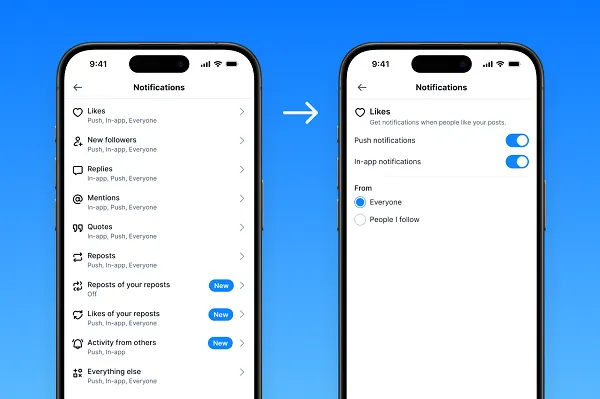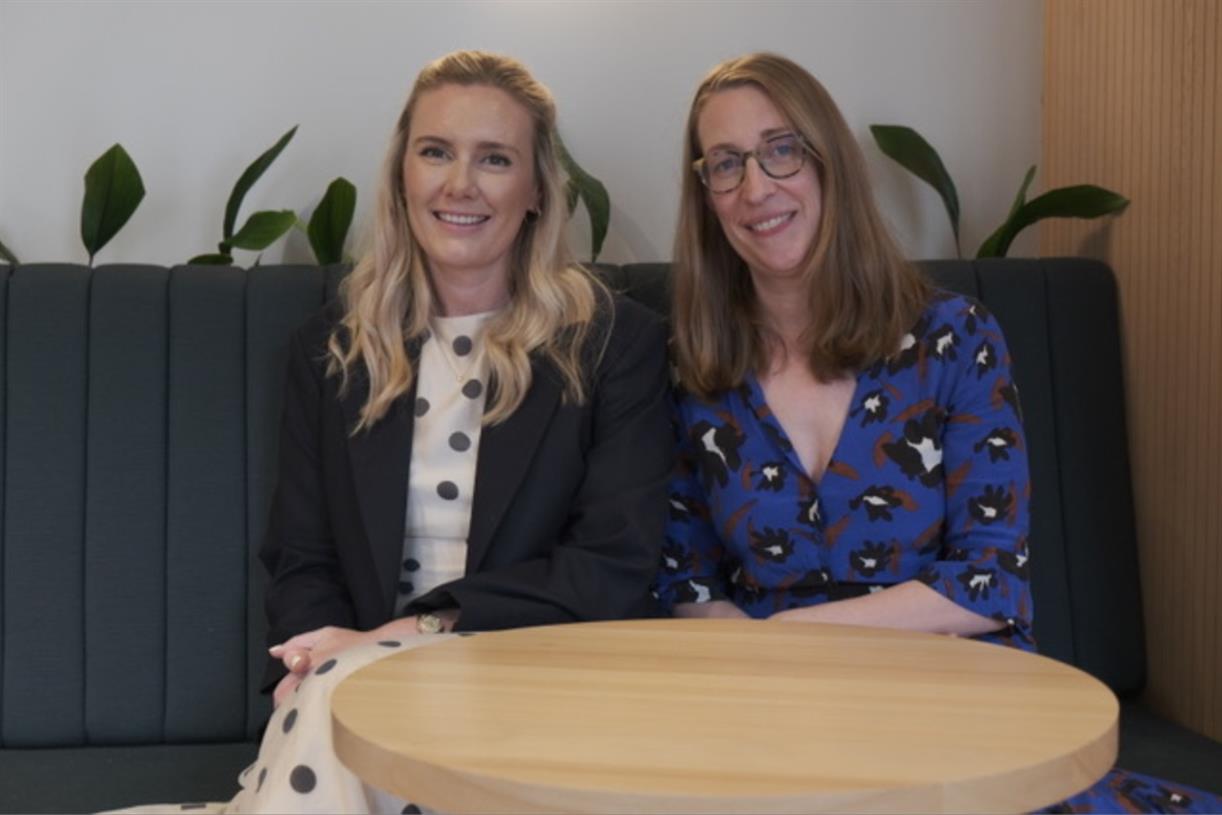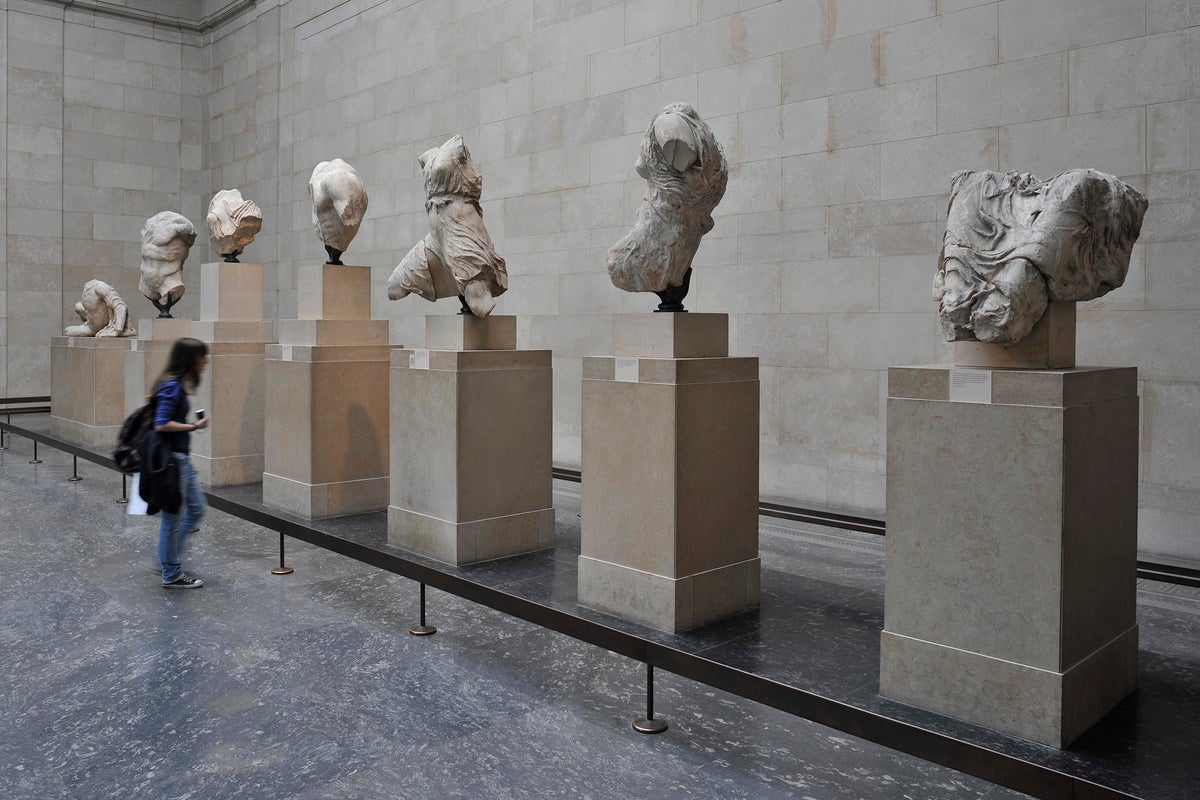Rishi Sunak ‘seeks EU deal’ to end Brexit border chaos for holidaying Brits
Long delays at passport control among most unpopular fallouts from Brexit and could be solved by using EU e-gates

Sign up to our free Brexit and beyond email for the latest headlines on what Brexit is meaning for the UK
Sign up to our Brexit email for the latest insight
Rishi Sunak is said to be eyeing up a new deal with the EU to ease the post-Brexit woes of Britons travelling to the bloc after recent chaos at the border.
The prime minister reportedly wants an agreement that would let UK citizens use the EU’s e-gates for passport checks.
British diplomats have raised the issue with Brussels informally, according to Bloomberg, citing a UK official and people familiar with government thinking. No 10 insisted that no formal proposal has been put forward.
Ongoing travel problems marks the next big EU headache for Mr Sunak, coming after his compromise deal on the Northern Ireland Protocol and recent summits with Emmanuel Macron on the small boats crisis.
Mr Sunak – marking six months at No 10 after Liz Truss’s disastrous six-week spell – is under pressure from business chiefs to ease “friction” with the neighbouring bloc.
Some EU member states – including Spain and Portugal – already let British citizens use their e-gates at major airports in a bid to ease pressure, but an EU-wide deal would speed up the process for all British travellers who mostly have to queue up for a manned desk.
The manual checks at EU borders, which now require the stamping of British passports since Brexit, have caused bottlenecks during busy periods.
It follows a delay to the EU’s new entry/exit system (EES), which will mean British travellers entering the EU will have to have their fingerprints and facial biometrics taken. But the scheme won’t start until 2024 at the earliest.
Brexit means UK is considered ‘third country’
(Bloomberg/Getty)
Despite inisting no talks were under way, Downing Street said wider use of e-gates for British tourists in Europe would be “welcome”. No 10 said officials were also working with the EU to understand the impact of the new entry/exit system for British citizens.
Mr Sunak’s official spokesman did not recognise reports that the PM personally is pushing for greater access to e-gates. “As far as I’m aware there are no live discussions to that end, but of course we will always want to find ways to minimise unnecessary waiting times for British nationals,” he said.
The No 10 official added: “That would be welcome if there were wider use of E-gates for non-EU nationals, it’s in both our interests and the interests of the countries which British nationals visit as tourists, for example.”
The Best for Britain campaign group said it appeared to be “slowly dawning on the government that freedom of movement is and always has been a good thing”.
Naomi Smith, chief executive of the internationalist group, added: “This is hopefully another sign of welcome pragmatism from the prime minister that will help him address the other problems created by Brexit and regain the benefits of programmes like Horizon and Erasmus.”
Vehicles queing at Dover at Easter
(Getty Images)
Wera Hobhouse, Lib Dem spokesperson for transport, told The Independent: “Travellers should not still be paying the price for the government’s botched deal with the EU – this deal should have been in the works years ago, not a few months before peak summer holiday season”.
Europe’s delayed entry/exit system (EES) was expected to take effect in 2021 and is currently due to commence in November 2023. But The Independent revealed earlier this month that the electronic border scheme will not now go ahead this year because the database will not be ready in time.
The postponement came as a huge relief for the authorities at the Port of Dover, Eurotunnel and Eurostar, which have all seen huge problems due to the inspection of passports.
The added bureaucracy that the UK signed up for in the EU Withdrawal Agreement has caused ongoing problems with gridlock at Dover. At the start of the Easter school holidays, thousands of coach passengers waited up to 20 hours at the border because of extended controls after Brexit.
Travel chiefs have warned that there is currently no obvious solution for the extra operations involved in capturing fingerprints and facial biometrics when they do come into force. Doug Bannister, chief executive of the Port of Dover, said it was “going to present some challenges”.
Rishi Sunak and EU’s Ursula von der Leyen agreed post-Brexit deal for Northern Ireland
(PA Wire)
Simon Calder, travel correspondent of The Independent, said: “As the ultimate definition of the phrase ‘be careful what you wish for,’ I give you Rishi Sunak’s Brexit. We asked to become ‘third-country nationals’ in the eyes of the EU, with the same status as people from Tonga, Venezuela and other states.”
He added: “By shunning any closer border ties with the EU, it was perfectly clear that British travellers would be in the ‘wrong’ queue when heading for Europe. The only surprise is that anyone in government should be taken by surprise by the entirely foreseeable long waits for the hard EU border we negotiated.”
Mr Sunak was directly challenged over post-Brexit “friction” with the EU at a gathering of 200 business leaders on Monday. Gerry Murphy, chief executive of Burberry, told the PM new rulebook that changes to VAT shopping rules are a “spectacular own goal” and said Brexit “has had a significant friction effect on trade”.
Mr Sunak is set to meet European Commission president Ursula von der Leyen at the G7 summit in Japan in May.
The PM enjoys closer ties with the EU leader than Boris Johnson or Ms Truss, having forged a post-Brexit “Windsor Framework” compromise to ease trading checks between GB and NI.

 Hollif
Hollif 































